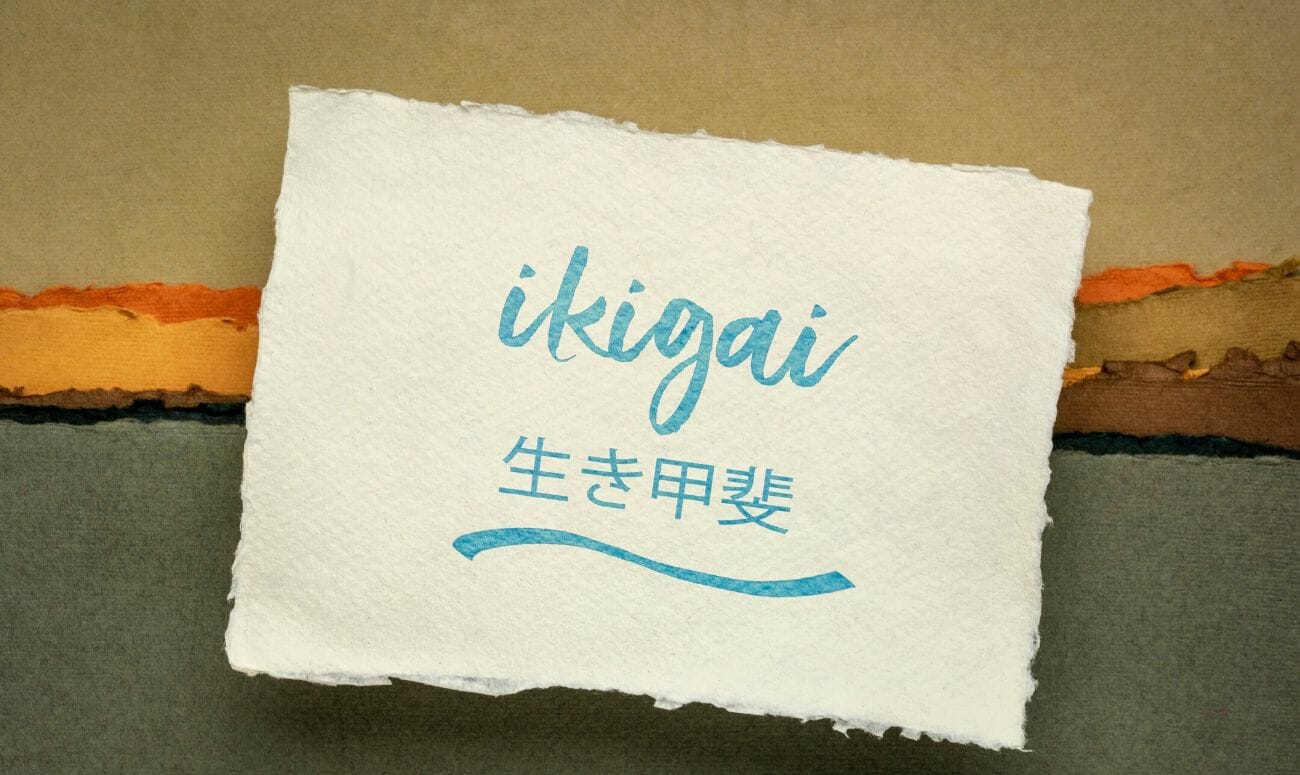‘Ikigai’, a reason for being, refers to having a direction or purpose in life which makes one’s life worthwhile. It is formed by combining ‘iki’ meaning ‘life’ and ‘gai’ meaning to be worthwhile. This original Japanese term is a hit on the inspirational words list and is also untranslatable. It is a traditional concept that the Japanese have been following for years and have also integrated it in their work life that is helping them stay on the top of it all and sail through this current tough time of global pandemic and economic strain.
After the end of World War II, the new age of ‘economic miracle’ began for Japan. The new day and age offered affluence, growth, and increased life expectancy. This new phase prodded the concept of Ikigai to raise to the forefront. Over that period the concept of Ikigai became the core on which Japan’s entire work culture was built, it ironically became the reason for Japan’s work-life imbalance and also the only key to fixing it.
When Masataka Shintoko, an ex-corporate worker was asked to define this ancient term, he said, “It’s something to live for. If you have a great time when you are working, it could be ikigai. If you have a family you love and you can do something for, it’s also Ikigai.”

Japan developed drastically in the 20th century. And as the country thrived on this ancient concept, the gap between Ikigai’s strong concept of discovering the deep motivation which makes life worth living and it’s the reality of working nonstop for 14 hours each day, sometimes without even taking the weekly day off.
According to Gordan Mathews, a professor of anthropology in The Chinese University of Hong Kong, in an age of economic success, increased work output was key. “There was a lot of ikigai pressure,” explained Mathews. “If you worked for your company, you were very strongly urged to make the company your ikigai, and if you didn’t, there was something wrong with you.”
The concept of ikigai again draws from another traditional concept known as, ‘Ittaikan’ the idea of fulfilment derived from ‘commitment to one’s group’. It also synchronises with the Japanese sense of ‘Wa’, harmony. The interest in personal Ikigai simultaneously blossomed and became entwined with professional and economic growth, shaping the work-life balance for decades to come.
The unique work structure not only values company loyalty but also gives more importance to the input at work in terms of time and effort rather than output factors such as result and progress. Sacrificing your leisure time is still see as a virtue in the professional culture and the ‘Ganbaru’ trait, meaning trying hard, is the most valued asset.
And this concept wasn’t limited to the white-collared employees or salaried individuals. Even if you’re selecting a hobby or are just a student about to choose a career path, a singular focus is encouraged from the very beginning. This value is reflected in everything in the country even in a small side shop selling smoked ramen, or freshly baked sweet potato, the chefs are seen extremely focused on perfecting their chosen dish and not diverting their attention.
Similarly, the skills of craftsmanship have been passed down for generations in the country, which has led to the family names becoming the tag for the quality of the products. For example, the pair of scissors from Tokyo’s Ubukeya is the collective effort and experience of more than 200 years. And also, Aritsugu, the Kyoto’s knife makers can be traced back to as long ago as the 16th century. There’s an immense value placed on devoting your entire life to a single craft chosen by the person.

The recent economic changes have given way to new opportunities, though the working environment remains strict. For those seeking to combine ikigai with work are embracing unconventional roles in start-ups, freelancing, and even remote working.
“Today there’s a different Japanese world, and there’s more freedom for people to find their own ikigai in a variety of different ways,” Mathews explained. “As Japan has become poorer, it’s probably become happier and more ikigai-enhancing as a society because there are more patterns by which to live.”
While the ideal balance hasn’t been stuck yet, it is making progress when it comes to opportunity. The individual value has become more acceptable with job-hopping not being a taboo as it once was. Individuals are now freer to explore their Ikigai and seek out new roles, combining skills, and readjusting their focus.
This the story of Ayuko Kokada, who had been teaching English for 20 years before starting Japan’s first cookery school in 2011. She says, “I was working six or seven days a week, very long hours. Sometimes as a full-time teacher you just have to be there. It’s a very typical Japanese style of working, but it’s very stressful.” She loved teaching but the sought out a way to combine her other passions of cooking and travel, which helped her to escape the limitations of her full-time position. She is now a qualified sushi and sake instructor and welcomes students from around the globe to Buddha Bellies Cooking School, and she also travels to work as a private chef. Kokada firmly believes in the power of opportunity and freedom, this also led her to believe that a multi-faceted approach to career is the key to balance Ikigai and work. She also says that “Ikigai shouldn’t be fixed. If you fix it, you can push yourself too much and lose the passion. If you have a variety of skills, you can be flexible and continue for longer – that’s my style of ikigai.”
The younger generation has a more open and accepting culture to grow up in than before. Which is focused on untangling the concept of Ikigai from work and leaving it upon individual interpretations. This is a ray of balance and positivity for the work-life culture of Japan.
Read more: This Is How Iceland Tackles Its Parental Leave Issues
Like & Follow ThinkRight.me on Facebook, Instagram, and Telegram to stay connected.































